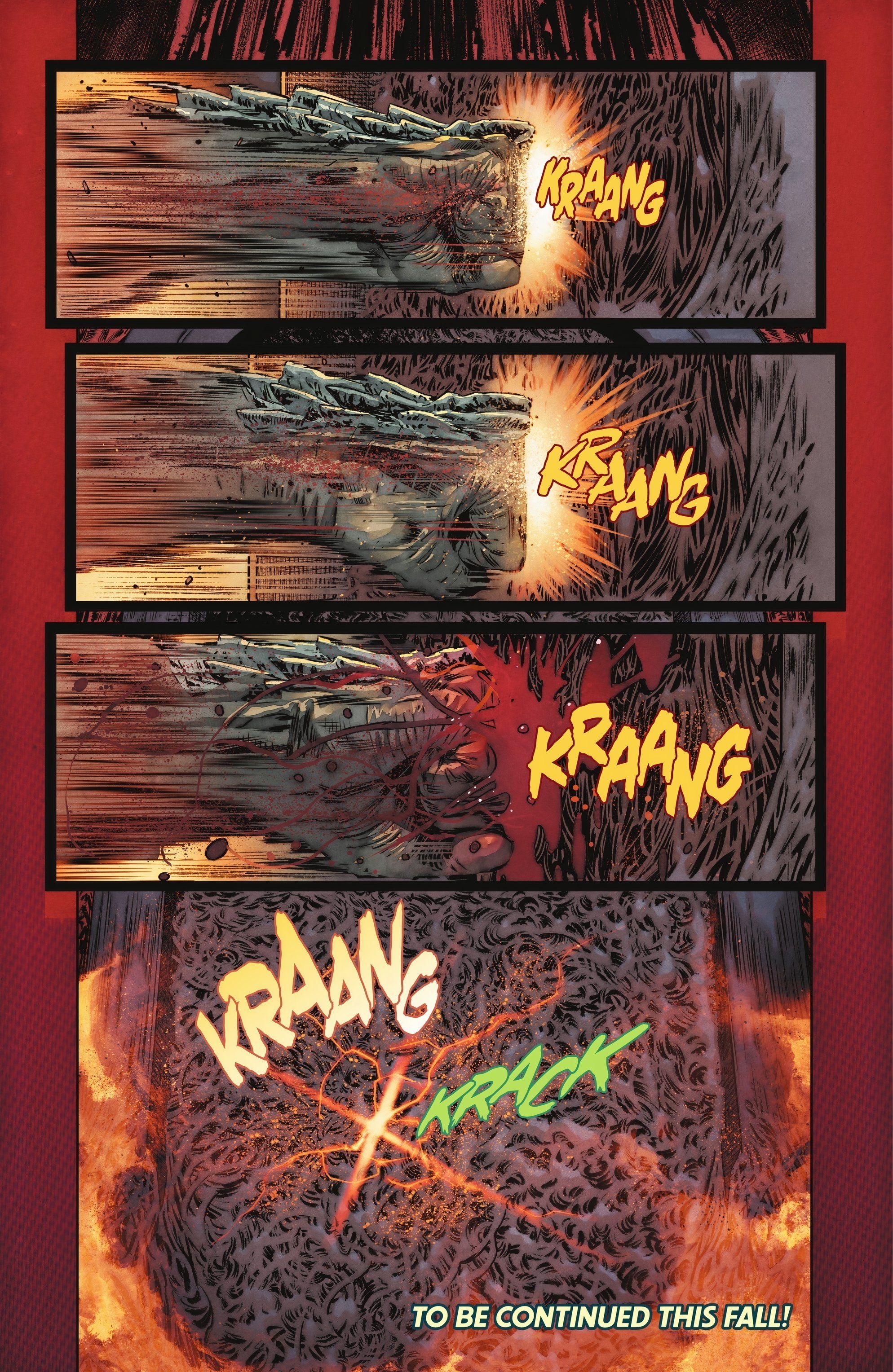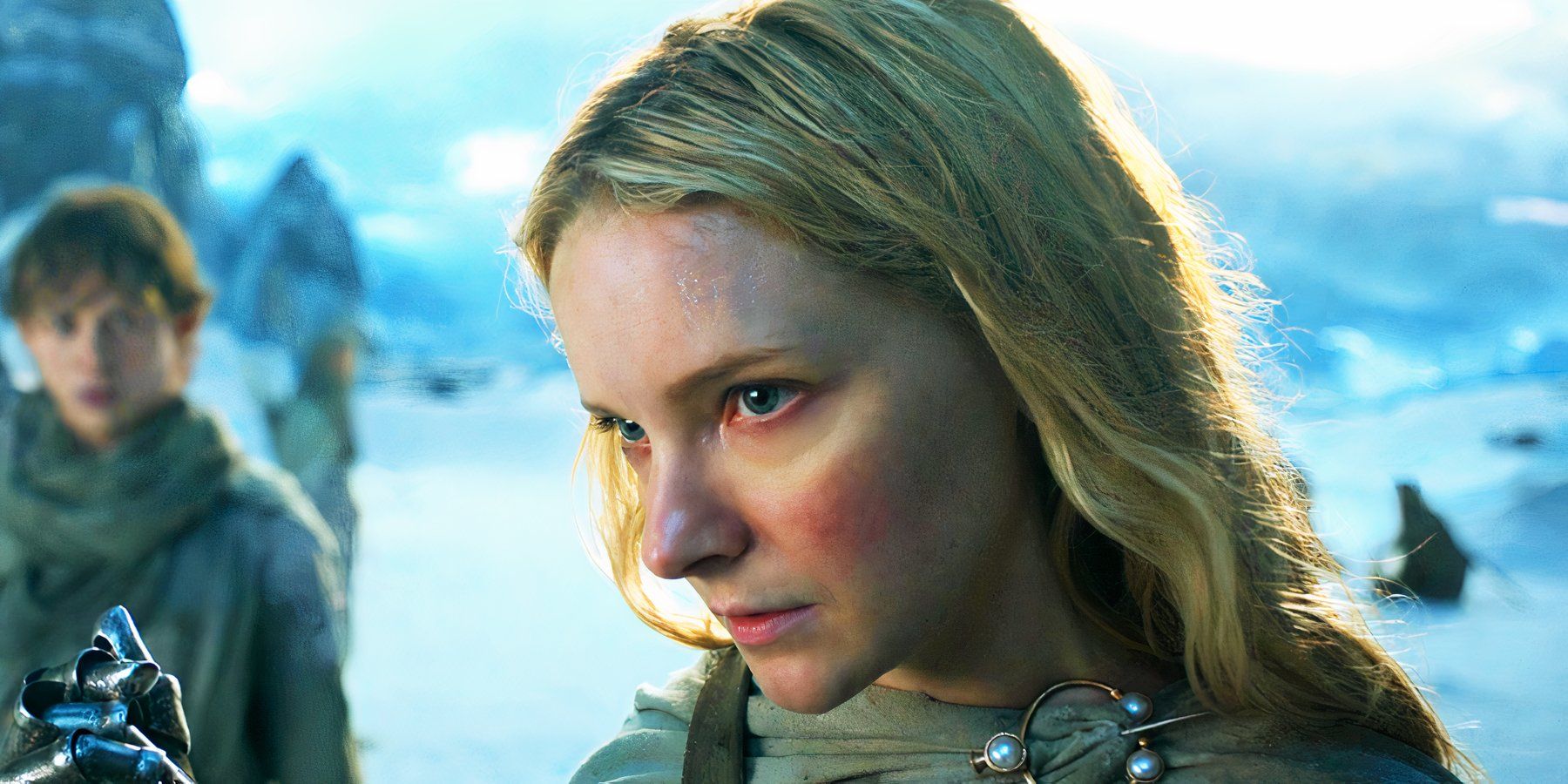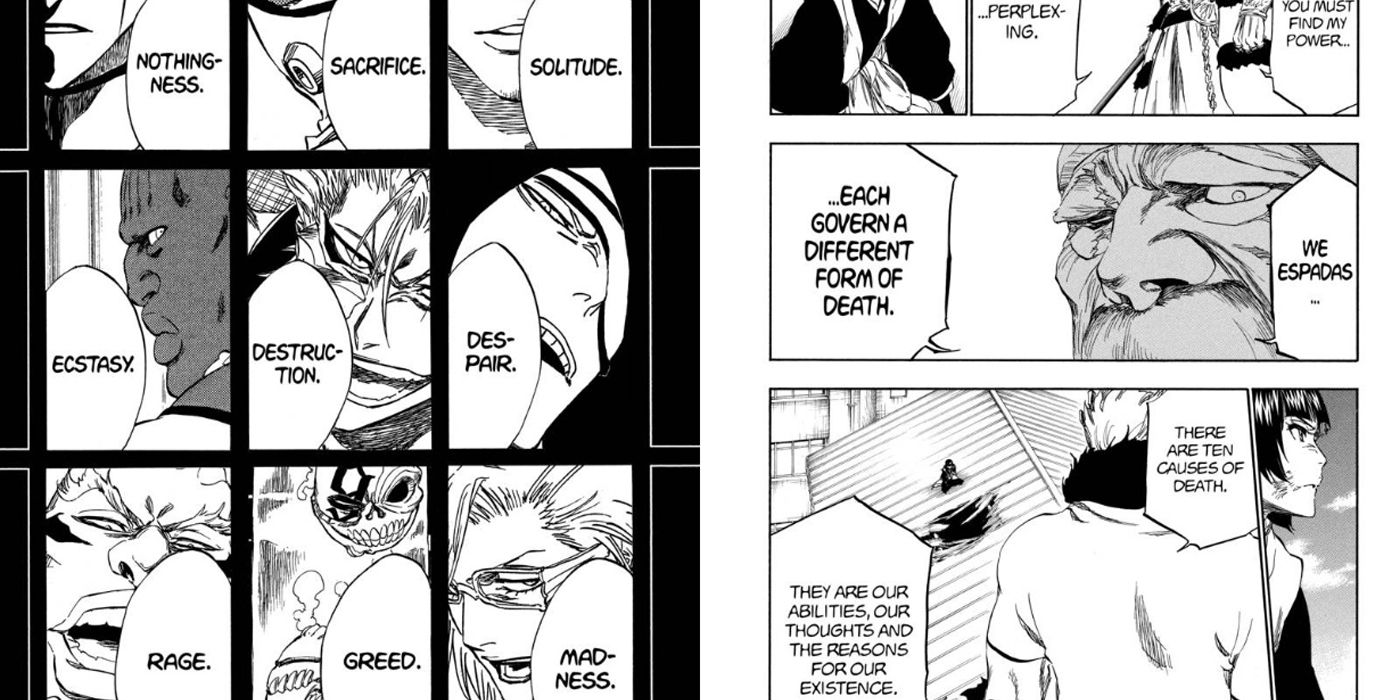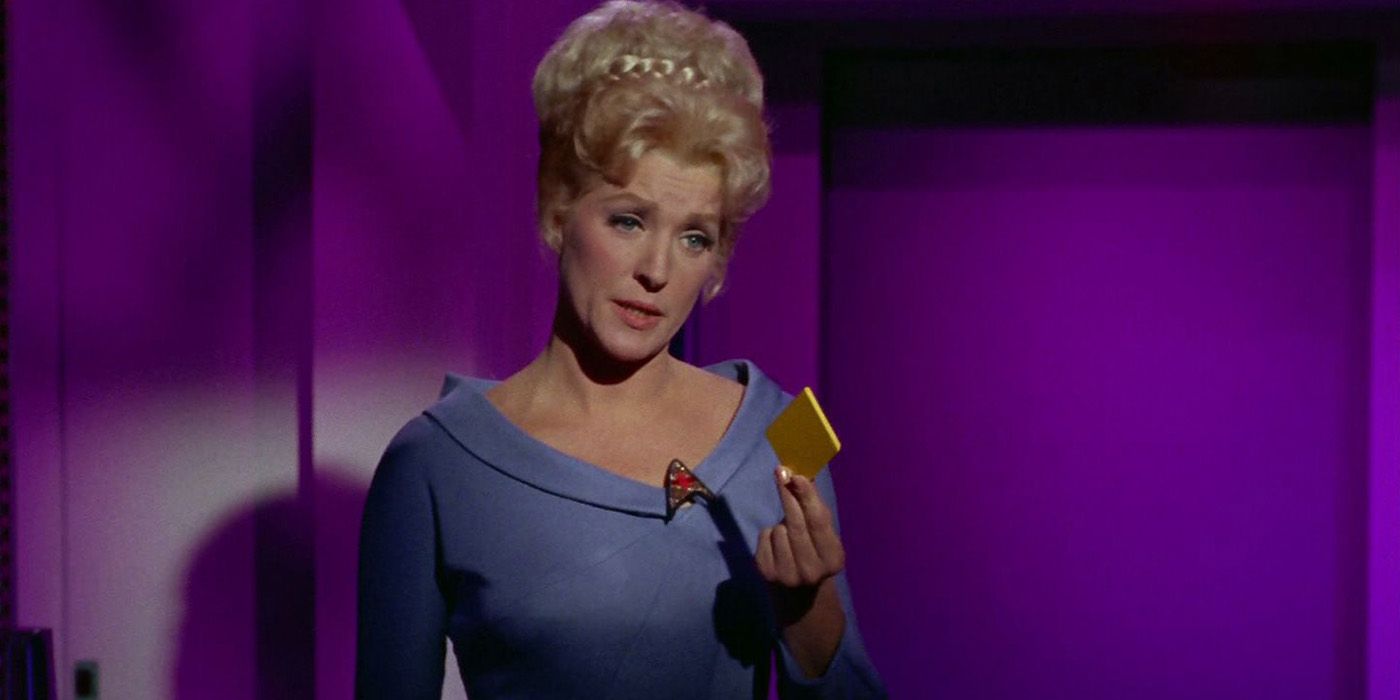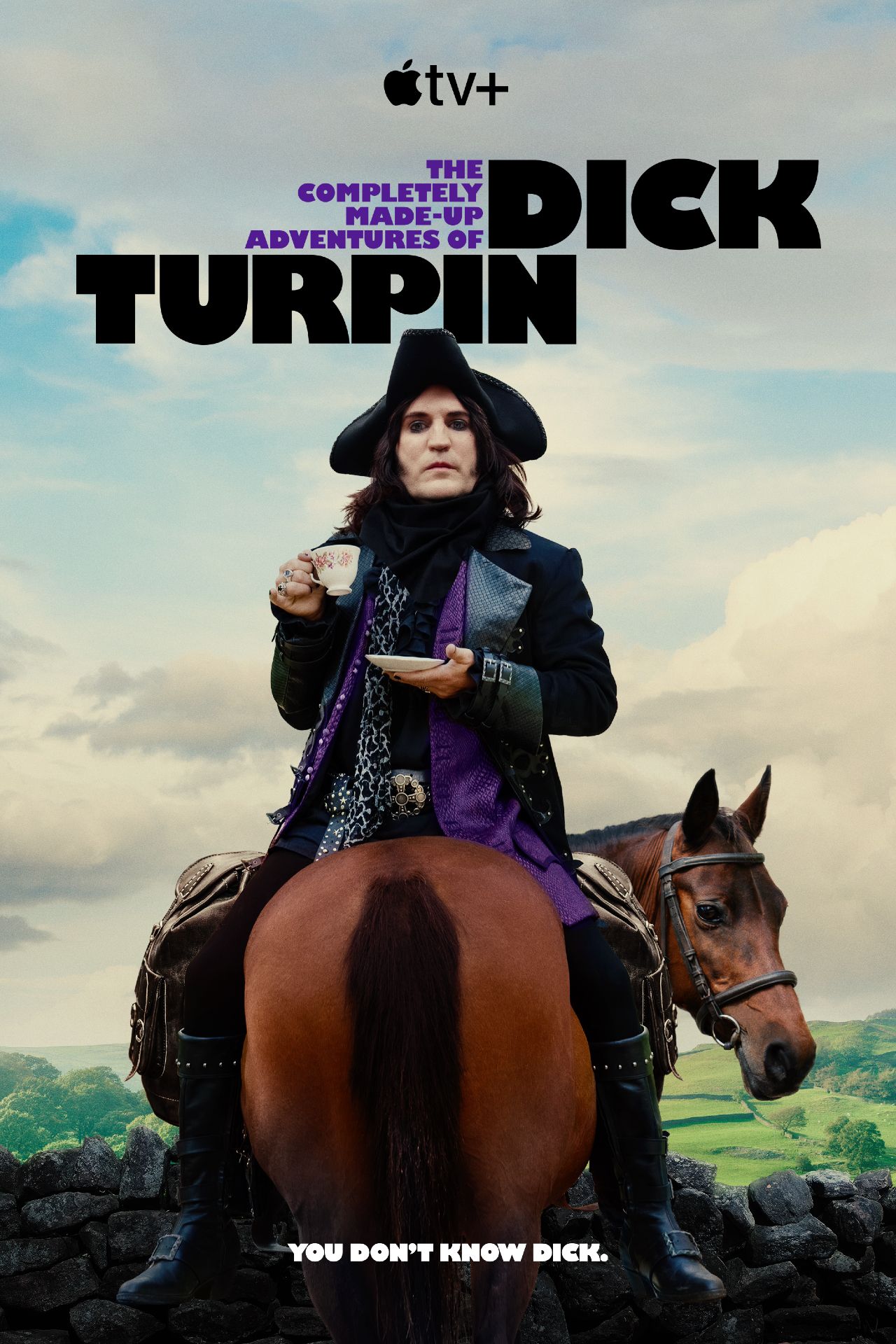The third season of Atlanta comes to an end next week on Thursday, May 19th. The critically acclaimed FX series, created by writer/director/star Donald Glover, has been praised for its often surreal and profound meditations on race and class.
The series primarily centers on Earn (Glover), a Princeton dropout who becomes the manager of his cousin Alfred, aka rapper Paper Boi (Brian Tyree Henry). However, as the seasons progressed, Atlanta became increasingly and intentionally less structured, taking narrative detours and occasionally veering towards an anthology format. The following episodes include the most outrageous, experimental, and thought-provoking moments on Atlanta.
S1, E5: “Nobody Beats The Biebs”
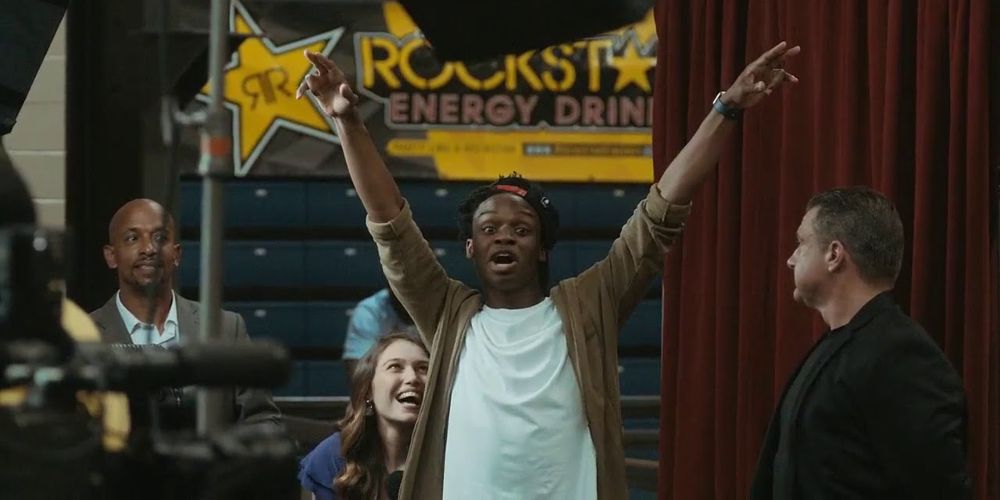
Only five episodes into the series, Donald Glover and his brother, writer Stephen Glover, made the bold, provocative choice to incorporate the appearance of a Black Justin Bieber. At a charity event, Alfred and Earn watch as Bieber rudely misbehaves with no real consequences. By contrast, Alfred is portrayed by the media as a bad guy.
This is one of the earliest examples of how Atlanta uses heightened elements to provide biting social commentary. Here, the show comments on how the real Bieber, who has been accused of appropriating black culture in his music and persona, frequently gets away with inappropriate behavior as a result of his white privilege. The distortion of reality within this episode further enforces the point that the media does not extend the same courtesy and forgiveness to Black celebrities.
S1, E7: “B.A.N.”
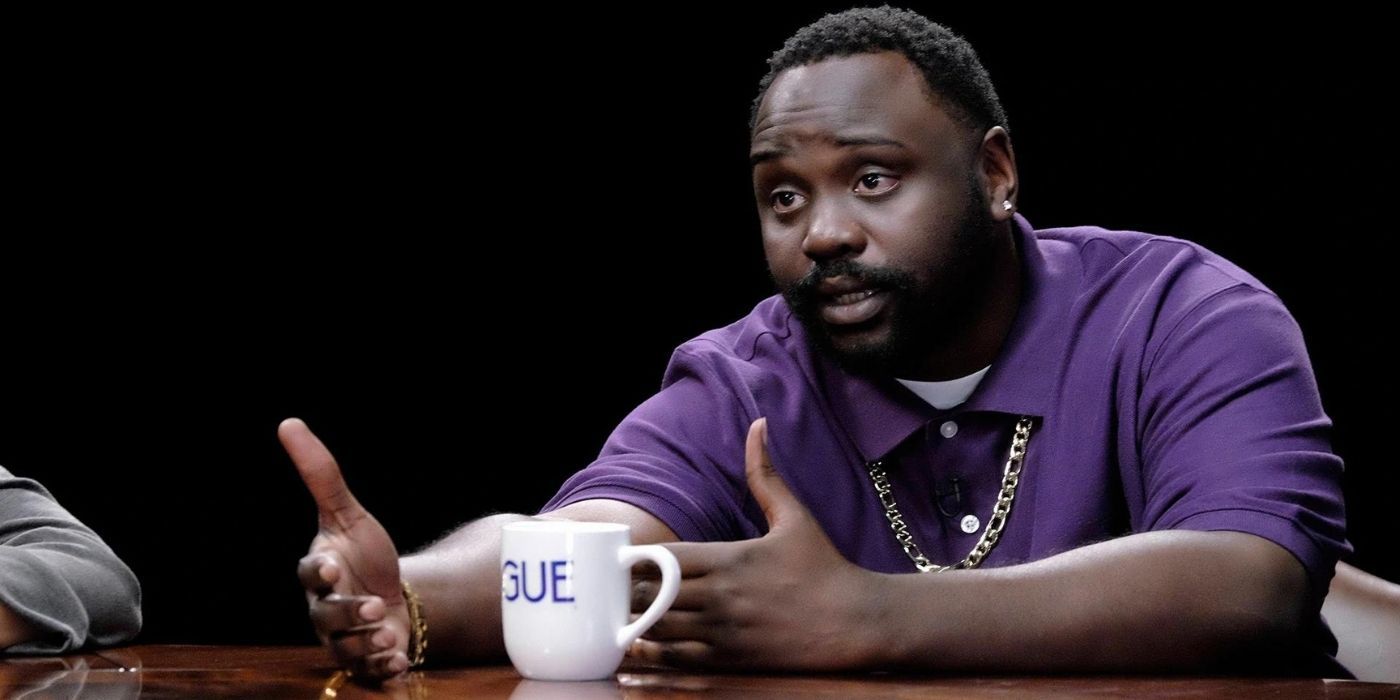
In this episode, Alfred appears on a fictional talk show on the Black American Network to debate an insensitive remark he made about Caitlyn Jenner. The interview is interspersed with a series of commercial parodies as well as a segment focusing on transracial identity.
“B.A.N.” is one of the first episodes of Atlanta that takes its experimental tendencies to a whole new level by structuring an entire episode outside of the traditional narrative of the show. Glover (who wrote and directed “B.A.N.”) chose to frame the entire half hour as if it were a real episode on the Black American Network, commercials and all. The commercials here are well integrated into the satire as well, shedding light on issues of police brutality and the characterization of Black Americans on television. It’s this kind of surreal satire that has no doubt influenced other comedy series like Hulu’s Ramy and Woke.
S2, E5: “Barbershop”
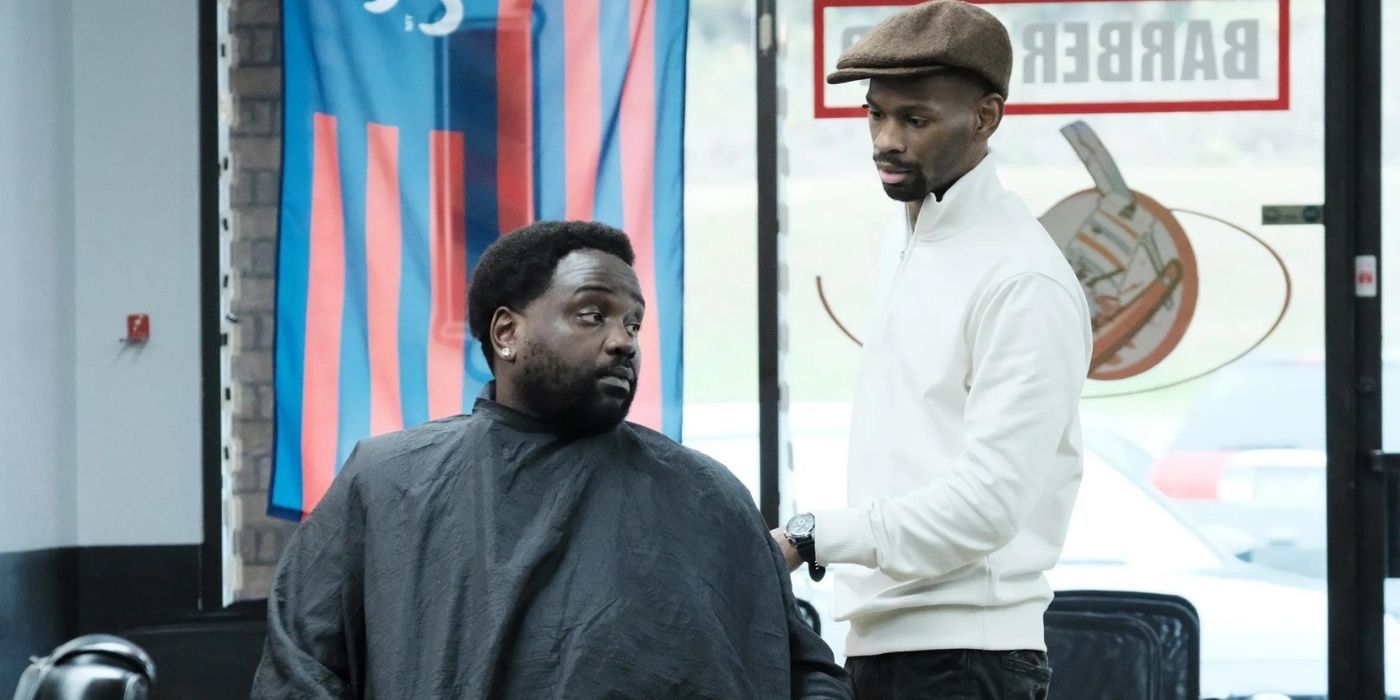
The midpoint of Atlanta’s second season, subtitled “Robbin’ Season,” focuses on a visit to the barber gone wrong. First, Alfred’s local barber, Bibby, procrastinates and avoids cutting his hair; then, he convinces Alfred to tag along to his girlfriend’s place; then, they get food; next, they get into a car accident, and so on. All this time, all Alfred wants is to get his usual haircut.
This episode was praised not only for its spin on the Black barbershop setting, but also for its escalating series of increasingly ridiculous events. Throughout “Barbershop,” Alfred’s frustration is palpable, and his relationship with Bibby makes for some of the funniest moments on Atlanta. Other television comedies such as Broad City and Curb Your Enthusiasm tend to incorporate this format of satirizing the difficulties of completing a simple task, like getting a haircut. Atlanta executes this approach so well, though, that the episode becomes an existential exploration of the relationship between the barber and the customer.
S2, E6: “Teddy Perkins”
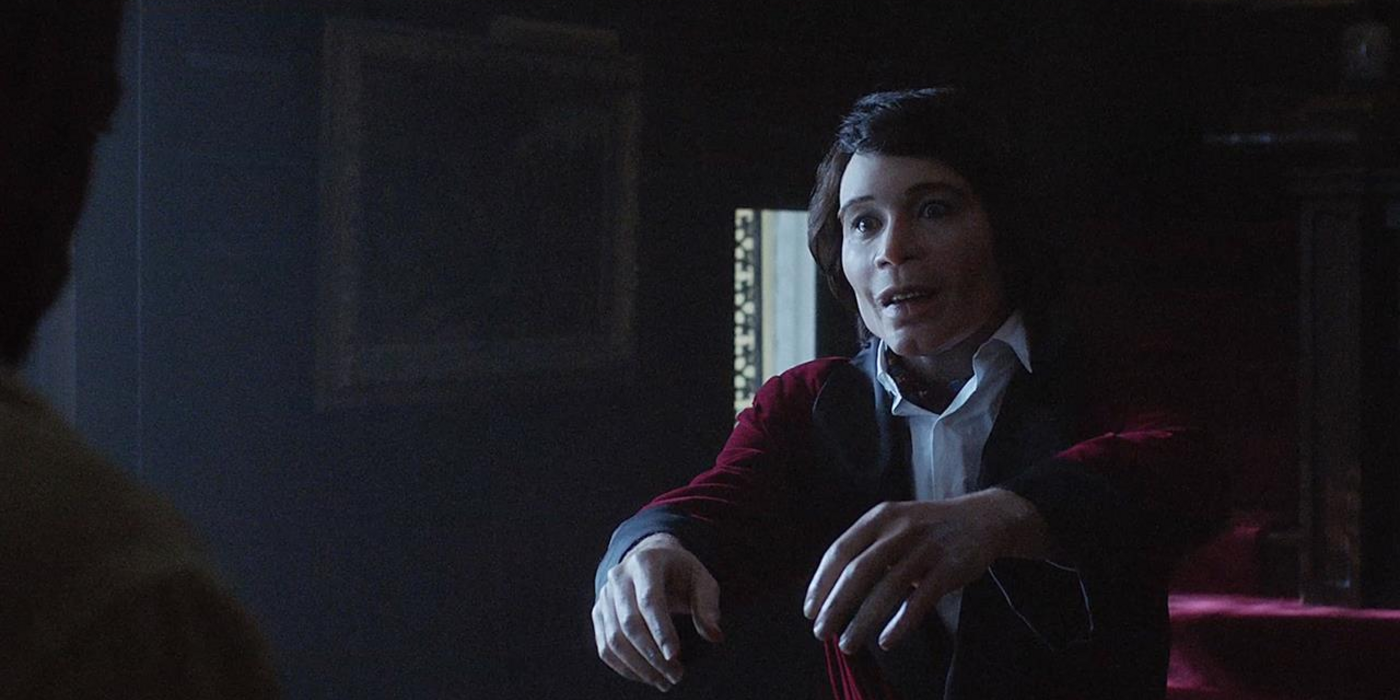
Perhaps the most iconic episode of season 2 is the Hiro Murai-directed “Teddy Perkins,” in which Darius (Lakeith Stanfield) finds himself trapped inside the home of a fictional musician. The episode includes numerous references to horror films from Get Out to Psycho, along with pop cultural references to Michael Jackson.
“Teddy Perkins” was widely praised by critics and audiences and was listed by Time as the best TV episode of 2018. The story perfectly illustrates what Atlanta does best: subvert expectations of a television series and provide profoundly interesting commentary on race. Even though the story of Teddy Perkins is only explored in this episode of the series, somehow it all still feels like a quintessential part of the Atlanta universe, which is a testament to the consistency of the show’s tone and mood.
S2, E8: “Woods”
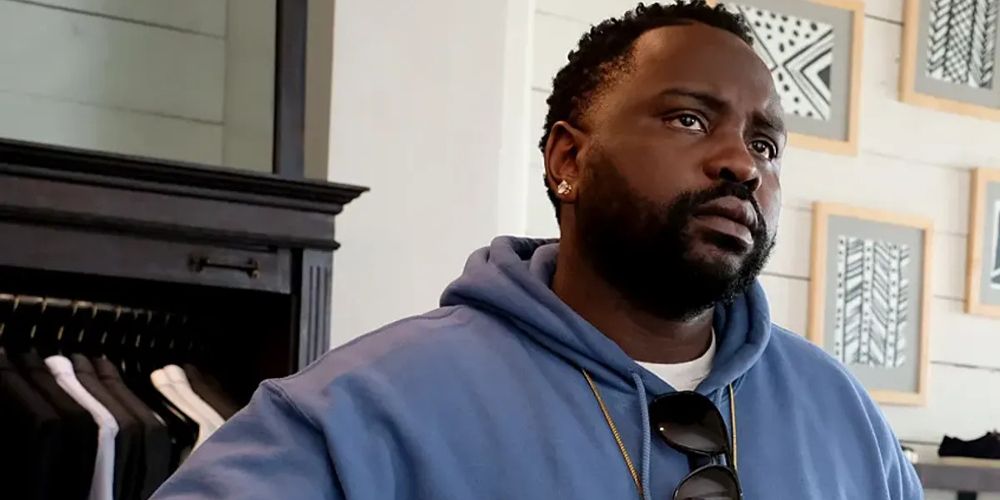
In “Woods,” the series once again shifts its usual protagonist from Earn to Alfred in a showcase for Brian Tyree Henry, one of the many breakout actors on Atlanta. This episode follows Alfred as he deals with the crushing weight of his newfound fame.
The intersection of fame and race is a recurring theme on Atlanta, and “Woods” is the perfect example of how the show tackles both concepts simultaneously. Henry’s performance in the episode shows Alfred at his most vulnerable. When Alfred escapes the woods by the episode’s end, both he and his relationship with fame have been forever changed. His friendly warning to a fan in the final moments illustrate a lingering uneasiness and terror about his place in the world as well as the world’s perception of him.
S2, E10: “FUBU”
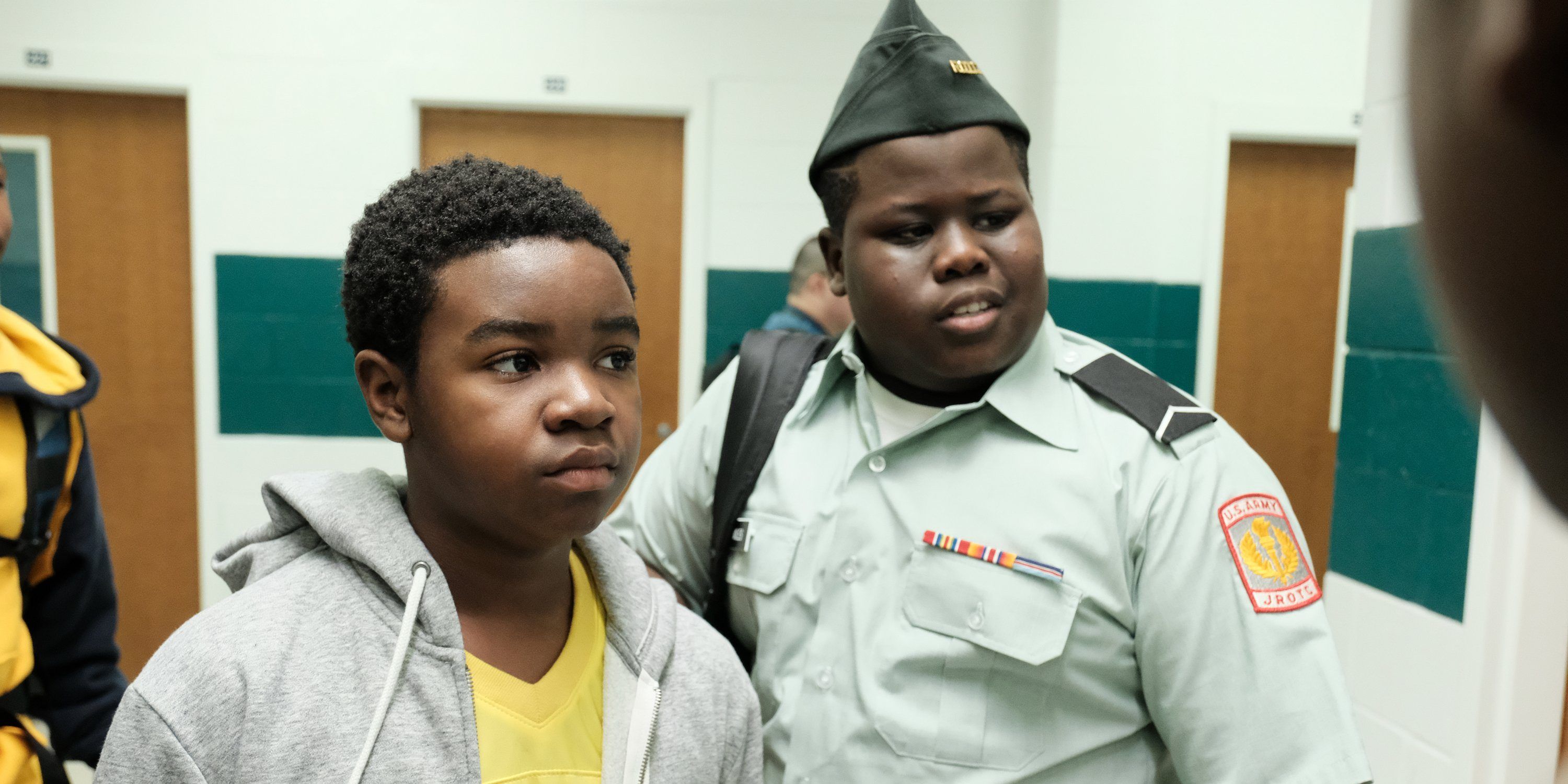
By the penultimate episode of the season, the conflict between Earn and Alfred has reached a boiling point, and in the episode that precedes “FUBU,” Alfred confronts Earn about his inability to be a good manager. Instead of picking up where the story left off, Glover chose to tell an origin story about the development of these two characters.
“FUBU” explores themes of family, guilt, and childhood bullying, while also shedding light on how the dynamic between the two cousins began. While it is certainly not the first episode of Atlanta to feature a break in the narrative, it is the first time that not a single main cast member makes an appearance. Despite this choice, however, “FUBU” still feels like a deeper exploration of the world of Atlanta, with this episode using the past to inform the dynamics and relationships of the present.
S3, E1: “Three Slaps”
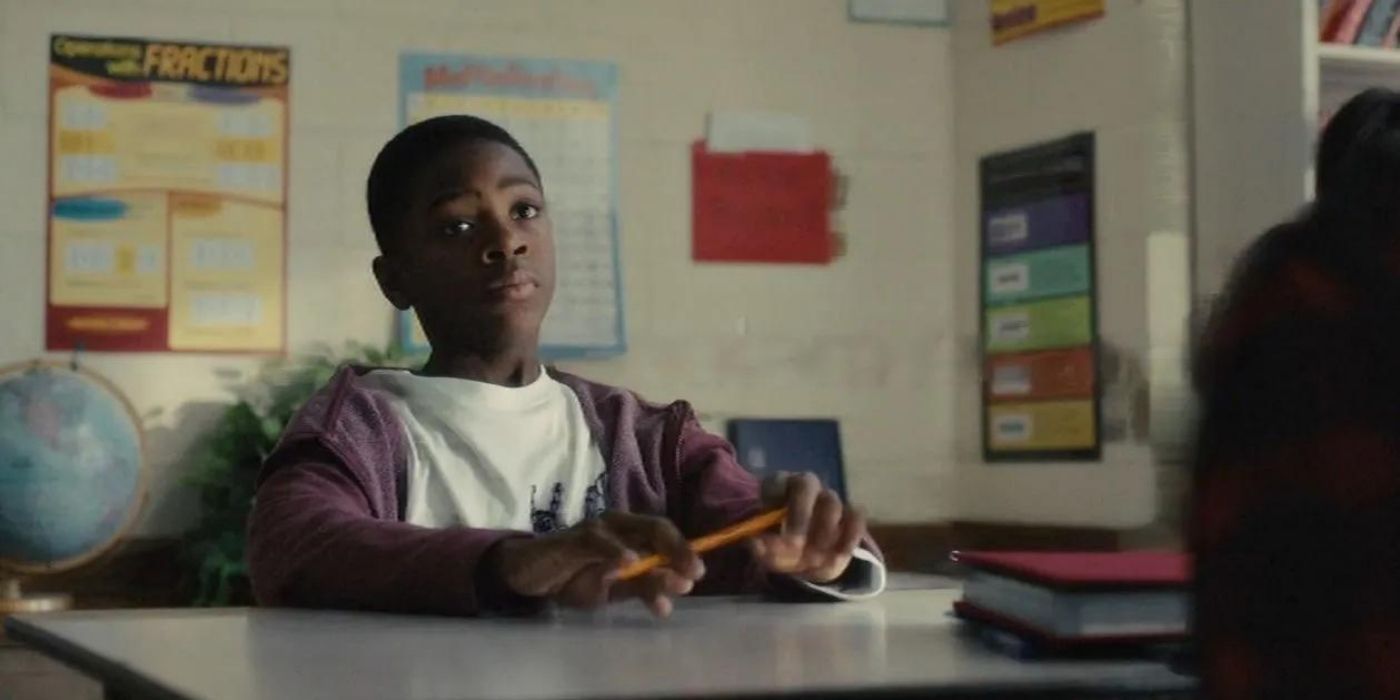
The premiere episode of Atlanta’s highly anticipated and long-awaited third season once again embraces a standalone story outside of the central narrative. “Three Slaps” tells the story of Loquareeous, a young boy who is taken to a foster home run by two creepy white women, who provide exponentially worse conditions for Loquareeous.
The writing, inspired by a true murder-suicide case, is incredibly self-aware of prior narratives about the foster care system. Once again, it’s the heightened, surreal choices in this episode – like when Loquareeous’s foster parents serve him raw chicken for dinner – that unveil something disturbingly real about explicit and systemic racism. Thankfully, in this retelling of the story, Loquareeous manages to escape the family, but only to be forever traumatized by his experiences.
S3, E4: “The Big Payback”
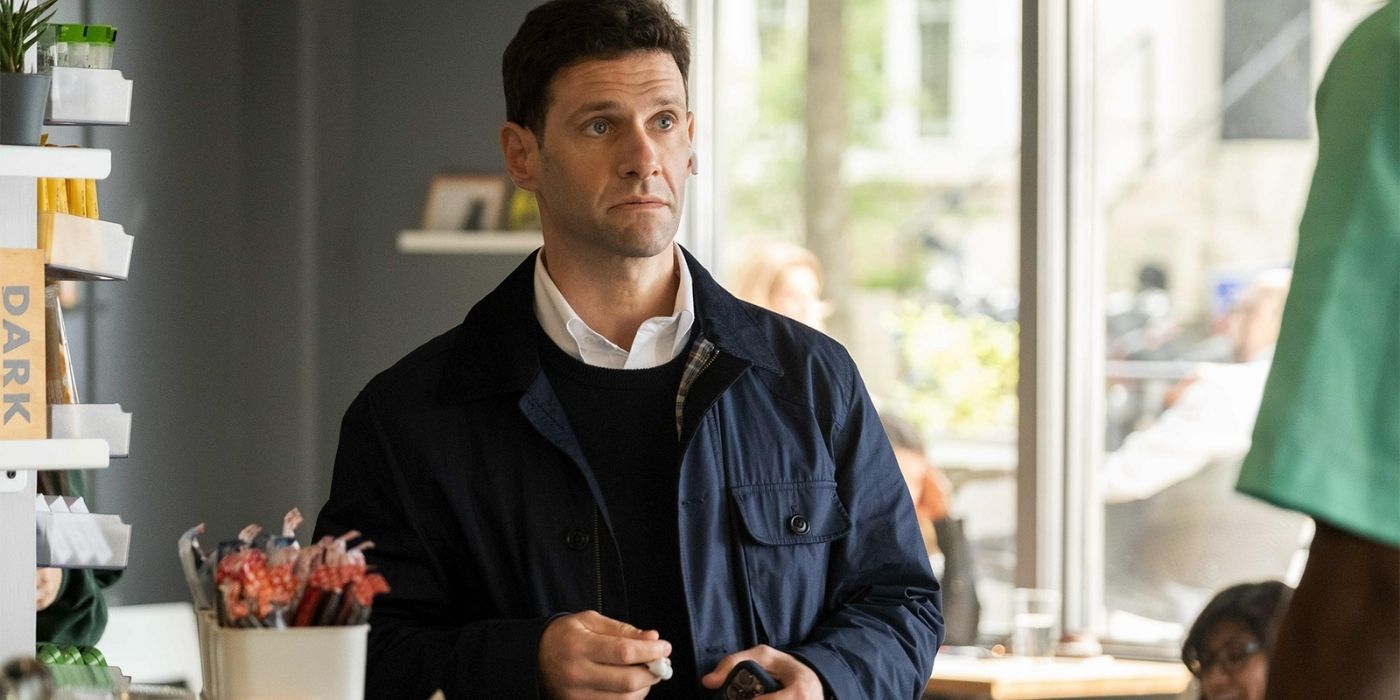
One of the most discussed episodes of the current season follows another break from the central narrative. “The Big Payback” explores an alternate reality in which descendants of slave owners are forced to pay reparations to the descendants of their ancestors’ slaves.
This episode functions like its own film, with a complete arc that feels both a part of the Atlanta world and separate from it. The protagonist of “The Big Payback,” Marshall Johnson, begins the story working at a corporate office around mostly white colleagues. By the end, Marshall waits tables at a restaurant filled almost entirely with racially diverse patrons. It’s a powerful image to wrap up an episode that boldly imagines the execution of a recurring topic of discussion in American society.
S3, E7: “Trini 2 De Bone”

“Trini 2 De Bone” explores the aftermath of the death of a white child’s Trinidadian nanny, Sylvia. The episode follows the wealthy parents of the child, who attend Sylvia’s funeral and bear witness to their son’s adoption of Trinidadian culture as a result of his relationship with Sylvia.
Although this was the third episode of the current season that does not feature the show’s main characters, the relevant subject matter and well-executed storytelling in “Trini 2 De Bone” cannot be dismissed. The themes of white privilege, cultural appropriation, and the intersection of race and class run through the whole series, whether or not the episodes include the central cast. In fact, the choice to show how these same concepts recur in tangential storylines only further proves the prevalence of these themes.
S3, E8: “New Jazz”
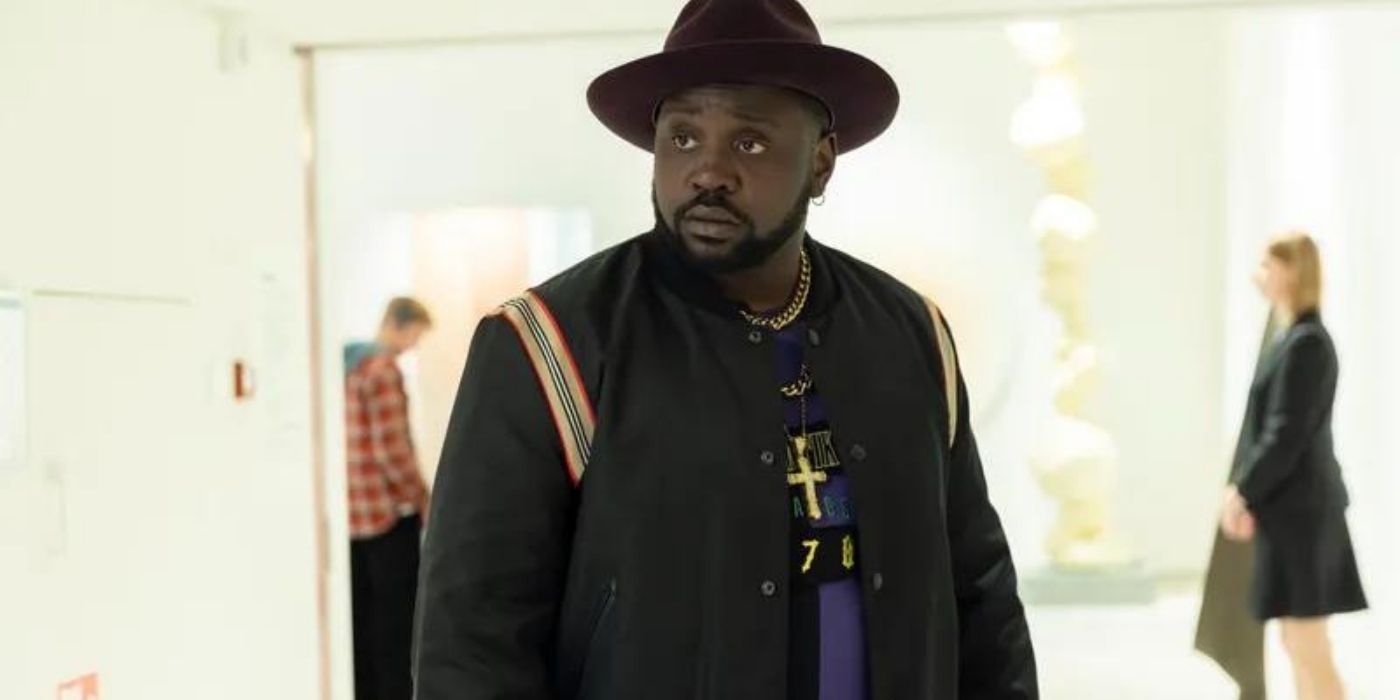
The eighth episode of the third season returns to Alfred’s journey as he spends a day in Amsterdam. The episode takes a turn when Alfred is taken to a Cancel Club, where he has a shocking conversation with Liam Neeson (playing himself).
Although the episode temporarily feels like a return to form, the detour to the Cancel Club demonstrates Atlanta’s unparalleled ability to continually surprise its audience. The scene with Neeson alone contains a powerful reversal in which he claims that white people do not need to learn any lessons. Even when the show follows or chooses not to follow its main characters, Atlanta’s powerful use of surrealism and subversive narrative choices allows for more and more exciting ways to explore its socially conscious subject matter.
